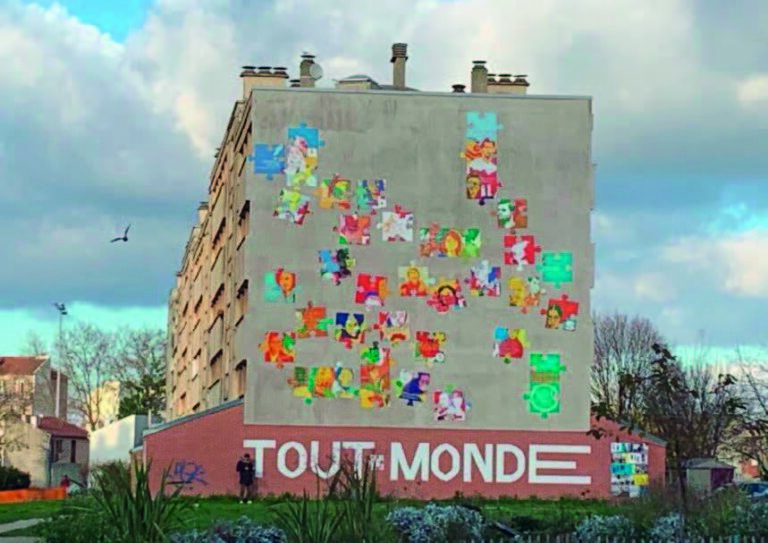The 2nd annual ERUA multilingualism workshop on plurilingual pedagogies ‘Pédagogies plurilingues à l’Université’ on Wednesday 30th June 2022 from 3.30 – 4.30 pm will take place during the Journée d’étude ‘Plurilinguismes, transculturalités et créativités: Dialogues autour de pratiques éducatives’ at Paris 8, Amphi X.
Registration is free of charge. The conference language is French (full program).
ERUA members from Denmark and France will present successful creative approaches from their local programs as well as initiatives that have been jointly developed in exchange with other ERUA partners over the last months. A representative from another European Higher Education alliance will introduce their cross-alliance approach.
– CLIL and translanguaging that draw on the students’ plurilingual lifeworld to develop their research practices
– Language exchange tandem programs that create synergies between existing language resources among the ERUA student body and university language institutions
– Intercomprehension concept of UNITA alliance
The journée d’étude will bring together colleagues and initiatives from Europe and the world to portray lifelong language initiatives, bringing together educational aspects and community needs and resources. It is preceding the closing conference ‘Les Kamishibais plurilingues en contexte éducatif: retours, enjeux et perspectives’ of the Erasmus+ Kamilala project (art and stories as language practice and community nexus) following on Thursday 1st July 2022. Registration is required and fees apply.
Come along, get involved in the discussions and spread the word about these fantastic opportunities widely.
Program and Registration conference of the ERASMUS+ Kamilala project.
More information about the ERASMUS+ Kamiliala project and Dulala association.

